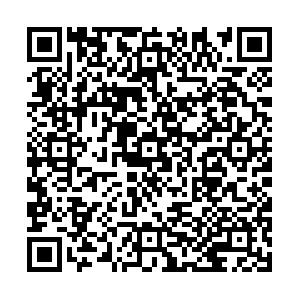摘要:
1919年2月,林纾发表短篇小说《荆生》,影射攻击北大新文化人,引起对方的反批评和文化界的广泛议论,这一事件被认为是"五四"前不久"新旧冲突"的一个重要环节。以往研究多聚焦于双方几位头面人物,而相对忽视其他有关系的知识人:《荆生》中向"蠡叟"讲述故事的"李生",在《每周评论》上攻击林纾的"二古"和"曼殊",三人的真实身份一直不明。经考证,其分别是北大学生李濂镗、北大预科教授程演生和梁启超之弟梁启勋。三人的知识背景、参与动机和立场认同各不相同,展现了当时文化界纷繁复杂的多元状态。
关键词:
-
《荆生》 /
-
李濂镗 /
-
程演生 /
-
梁启勋 /
-
林纾
Abstract:
Lin Shu's short story “Jingsheng” (《荆生》) launched a veiled attack on the New Culture advocates at Peking University, sparking counter-criticisms and widespread debate in the cultural sphere. The incident is widely regarded as a significant episode in the “ old vs. new ” cultural conflict on the eve of the May Fourth Movement. Previous scholarship has mainly focused on prominent figures from both sides, while overlooking other intellectuals involved. Among them, the identities of three individuals have long remained obscure: “Li Sheng” (“李 生”), who told the tale to “Li Sou”(蠡叟) in “Jingsheng”; “Ergu”(“二古”) and “Manshu”(“曼殊”), who criticized Lin Shu in Weekly Review. This article identifies them as Peking University student Li Liantang, Peking University Preparatory School professor Cheng Yansheng, and Liang Qixun, the younger brother of Liang Qichao. Their distinct intellectual backgrounds, motivations for involvement, and ideological affiliations reveal the complex and multifaceted nature of China's cultural landscape at the time.

 点击查看大图
点击查看大图


 下载:
下载:
 沪公网安备 31010102003103号
沪公网安备 31010102003103号